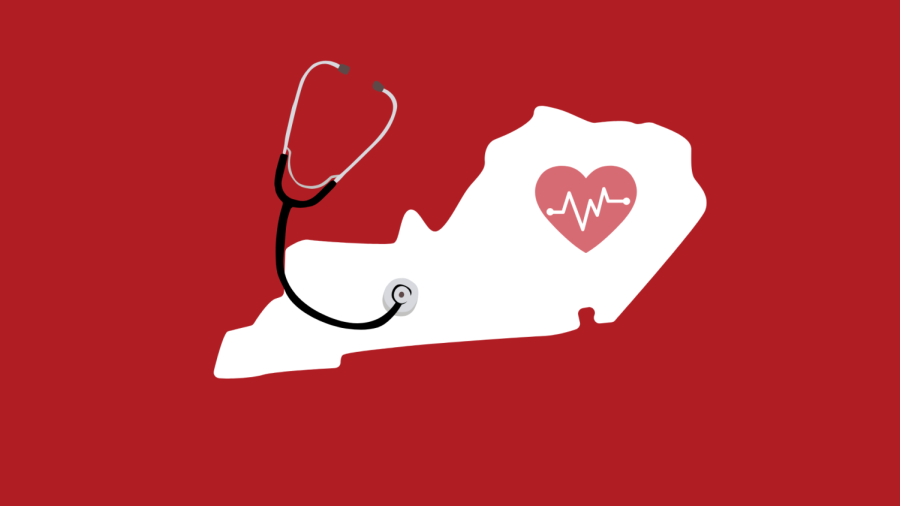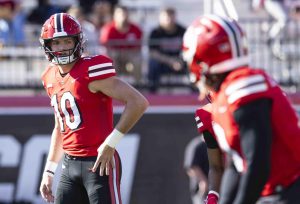New health club targets disparities in rural, urban health care
September 16, 2022
The South Central Kentucky chapter of the Area Health Education Center recently announced the creation of the WKU Student Rural Health Association Club, working to combat disparities between rural and urban health care in Kentucky and to keep students informed.
Ninety rural and partially rural counties in Kentucky are currently deemed “medically underserved areas,” according to the Health Resources & Services Administration.
According to Emily Pride, a health careers and education specialist for the AHEC, the two main goals of the club are education and community service.
Pride said the organization works to create connections between communities through health care, such as continuing clinical education and providing pipeline programs for high school and undergraduate programs.
“This doesn’t necessarily mean it’s all people who want to be doctors that practice in a rural area, it can be people who want to be social workers, nurses, speech language pathologists, any type of health care career, as well as those who are just interested in the health care of those communities,” Pride said. “Kentucky is a historically underserved state when it comes to medical care, dental care and mental health care, and so this club is basically designed to educate students on the different issues faced in rural communities and how we can expand upon those issues.”
The club is structured so that every meeting will focus on a different topic featuring different guest speakers from various community organizations. The speaker for October will be from the Barren River Area Safe Space, a local domestic violence shelter.
Hannah Jones, president and founder of the club, noticed health disparities in the places she’s lived, inspiring her to start it in the first place.
“I started the club because I live in both Monroe County and Barren County, so I’ve noticed a huge disparity between rural America and urban America,” Jones said. “ […] My family would have to drive an hour to get adequate medical care, while those in Bowling Green just have to go down the road, maybe a ten minute drive at max, to get to their physicians.”
According to Jones, the primary issue that rural Americans face when it comes to health care is a higher underinsured populace and access to fewer physicians, with most of them not having a full-time doctorate.
Those living in these areas do not have the same access to specialized care.
“The main focus of the club is creating health care professionals in dental, and pre-med, pharma, professions like that [that] are going to want to practice in rural America so that we can try to answer the shortages of doctors, physicians and dentists in these areas,” Jones said.
Anyone interested in joining the club can contact Pride at [email protected].
Reporter Damon Stone can be reached at [email protected].













